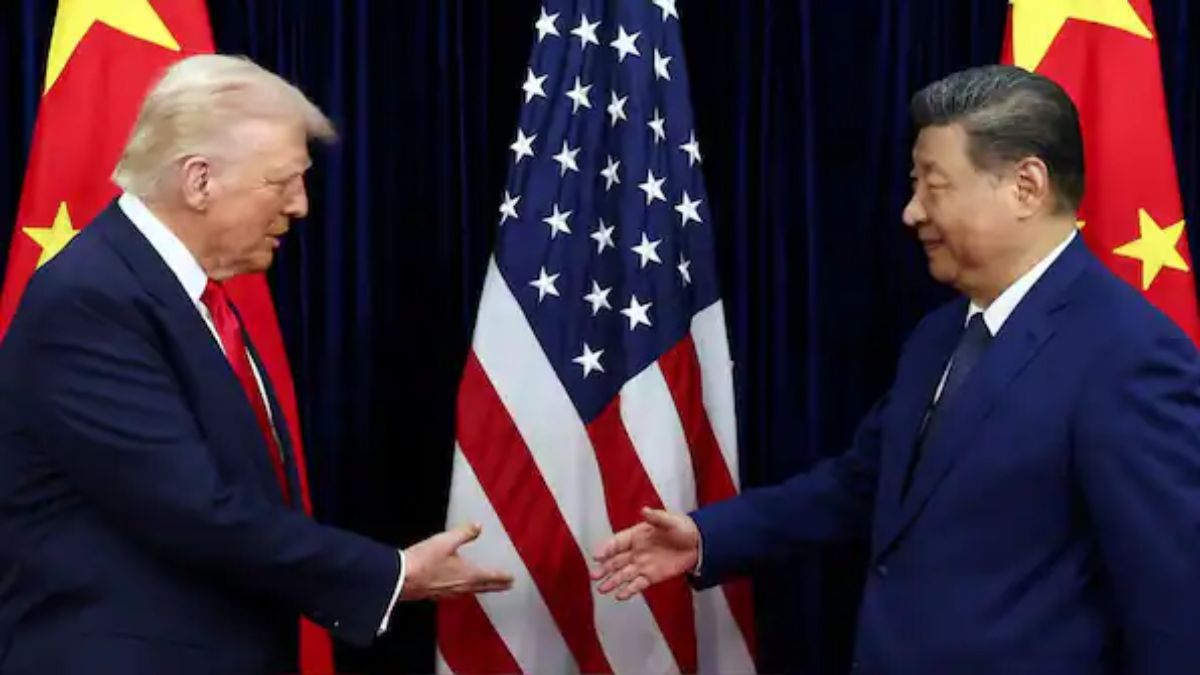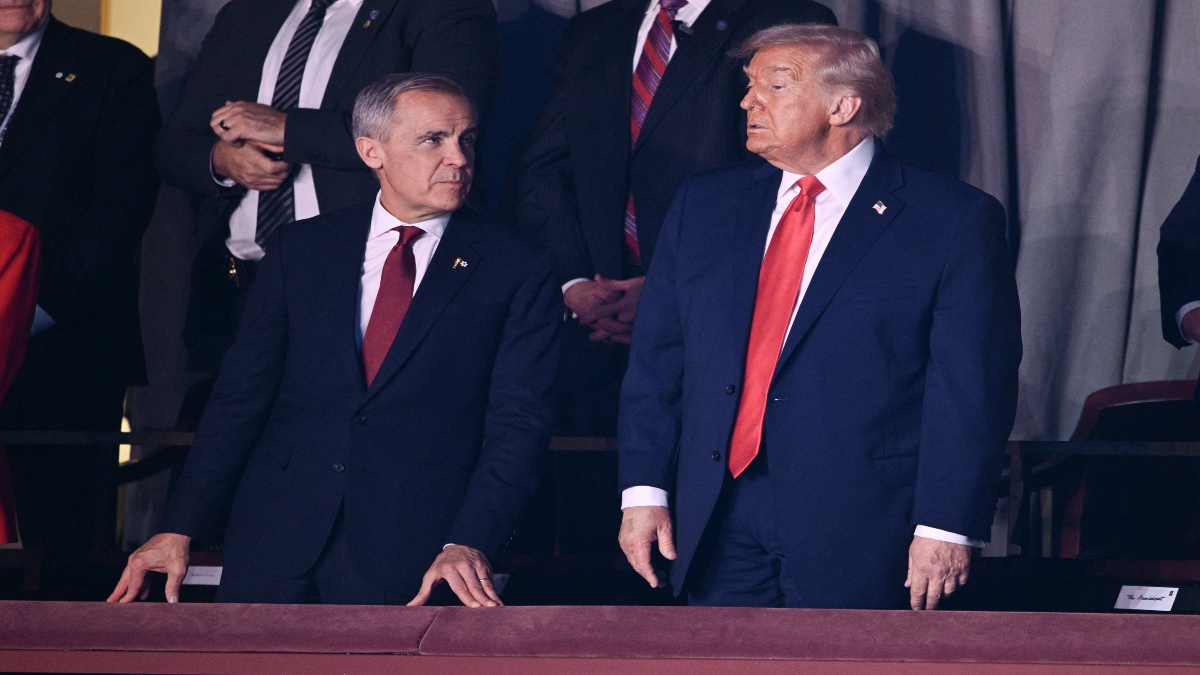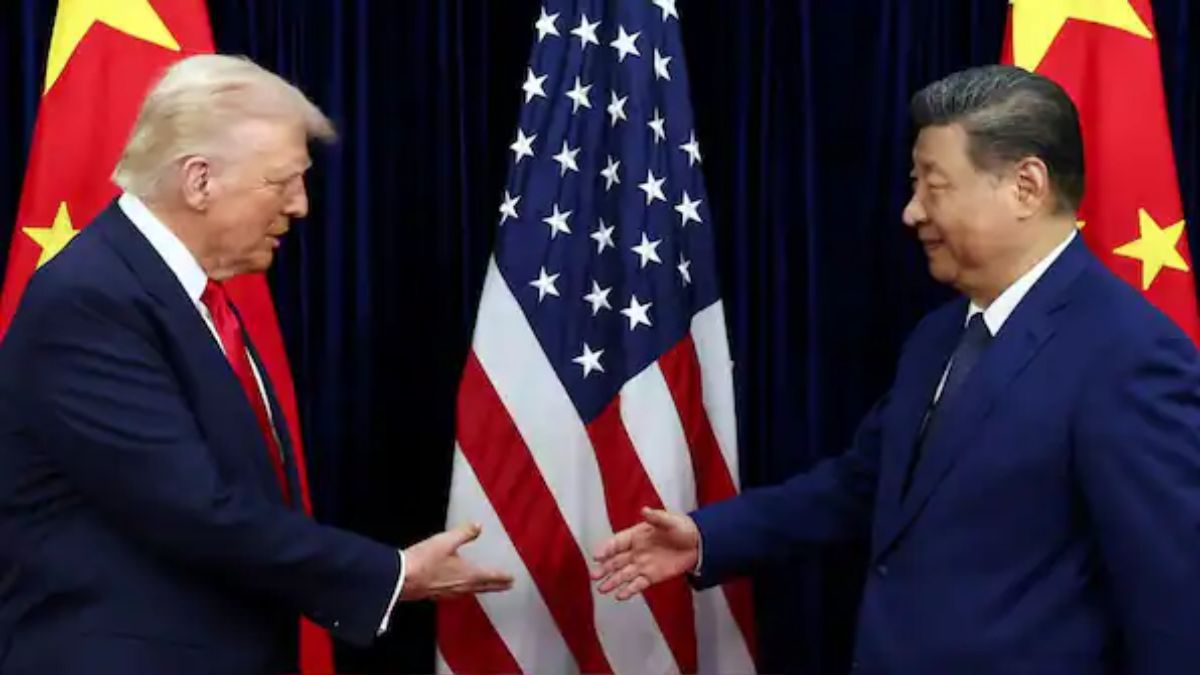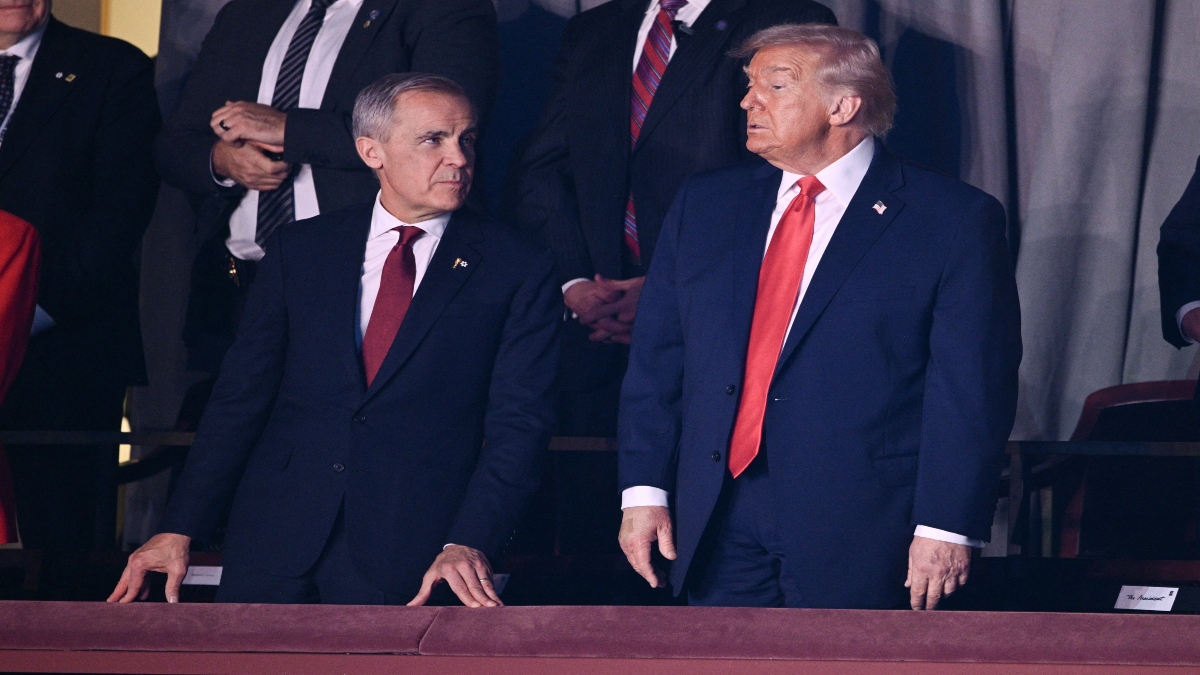President-elect Donald Trump’s trusted man Kash Patel is once again in the limelight. This time for his plans for the Federal Bureau of Investigation (FBI), an organisation that he may be heading from January next year.
The 44-year-old leader is facing flak from Congress for his scathing plans, which includes shutting down the iconic J Edgar Hoover Building on Pennsylvania Avenue, which serves as the bureau’s Washington headquarters, and sizing down the workforce of several intelligence agencies among other reforms.
While Trump’s decision to install Patel as the head of the domestic crime-fighting agency has been met with scrutiny, it is the latter’s plans that have left many wondering about the future of the agency.
Let us take a look at some of the reforms that he has proposed for the FBI and other intelligence agencies.
Plans to shut FBI’s Washington headquarters
Patel has been vocal about shutting down the Washington headquarters of the FBI, which has been housing the supervisors and leaders who make decisions affecting offices around the country and overseas. Notably, the current J Edgar Hoover Building has been occupied by FBI employees for over half a century now.
“I’d shut down the FBI Hoover Building on day one and reopen it the next day as a museum of the ‘deep state,’" Patel said in an interview on the _Shawn Ryan Sho_w that aired in September. “Then, I’d take the 7,000 employees that work in that building and send them across America to chase down criminals. Go be cops. You’re cops — go be cops.”
Such a plan would undoubtedly encounter legal, logistical and bureaucratic hurdles and it may reflect more of a rhetorical flourish than a practical ambition.
In a book last year titled, Government Gangsters: The Deep State, the Truth and the Battle for Our Democracy, he proposed a more modest reform of having the headquarters moved out of Washington “to prevent institutional capture and curb FBI leadership from engaging in political gamesmanship.”
As it happens, the long-term fate of the building is in flux regardless of the leadership transition. The General Services Administration last year selected Greenbelt, Maryland, as the site for a new headquarters, but current FBI Director Christopher Wray has raised concerns about a potential conflict of interest in the site selection process.
Tracking down conspirators
Patel has voiced his plans about tracking and coming down hard on conspirators, who have been leaking crucial information about the government to the media. Last year, during an interview with conservative strategist Steve Bannon, he repeated falsehoods about President Joe Biden and a stolen election.
“We’re going to come after the people in the media who lied about American citizens, who helped Joe Biden rig presidential elections,” Patel said. The same applies to supposed “conspirators” inside the federal government, he said.
Although it is still not clear what steps he will take to tackle the situation, it is clear that he wants to make it easier for the government to crack down on officials who disclose sensitive information and the reporters who receive it. Some wonder that he may reverse the current Justice Department policy that generally prohibits prosecutors from seizing the records of journalists in leak investigations.
That policy was implemented in 2021 by Attorney General Merrick Garland following an uproar over the revelation that the Justice Department during the Trump administration had obtained phone records of reporters as part of investigations into who had disclosed government secrets.
Patel himself has said that it’s yet to be determined whether such a crackdown would be done civilly or criminally. His book includes several pages of former officials from the FBI, Justice Department and other federal agencies he’s identified as being part of the “Executive Branch Deep State.”
Under the FBI’s own guidelines, criminal investigations can’t be rooted in arbitrary or groundless speculation but instead must have an authorized purpose to detect or interrupt criminal activity.
And while the FBI conducts investigations, the responsibility of filing federal charges, or bringing a lawsuit on behalf of the federal government, falls to the Justice Department. Trump intends to nominate former Florida attorney general Pam Bondi as attorney general.
Sizing down the intelligence community
Patel has further shocked people by his plans to cut down the federal government’s intelligence community. This includes his plans to downsize the Central Investigation Agency (CIA) and National Security Agency (NSA).
He has further advocated breaking off the FBI’s ‘intel shops’ from the rest of the crime-fighting activities of the agency. While it is still hazy how he would intend to do that given that the FBI’s intelligence-gathering operations form a core part of the bureau’s mandate and budget.
After the September 11, 2001 attacks, then-FBI Director Robert Mueller faced down calls from some in Congress who thought the FBI should be split up, with a new domestic intelligence agency created in its wake.
The idea died and Mueller committed new resources into transforming what for decades had been primarily a domestic law enforcement agency into an intelligence-gathering institution equally focused on combating terrorism, spies and foreign threats.
Frank Montoya Jr, a retired senior FBI official who served as the US government’s national counterintelligence executive, said he disagreed with the idea of breaking out the FBI’s ‘intel shops’ and viewed it as a way to defang the bureau.
Doing so, he said, “makes the bureau less effective at what it does, and quite frankly, it will make the intelligence community less effective at what it does.”
With inputs from AP


)

)
)
)
)
)
)
)
)



